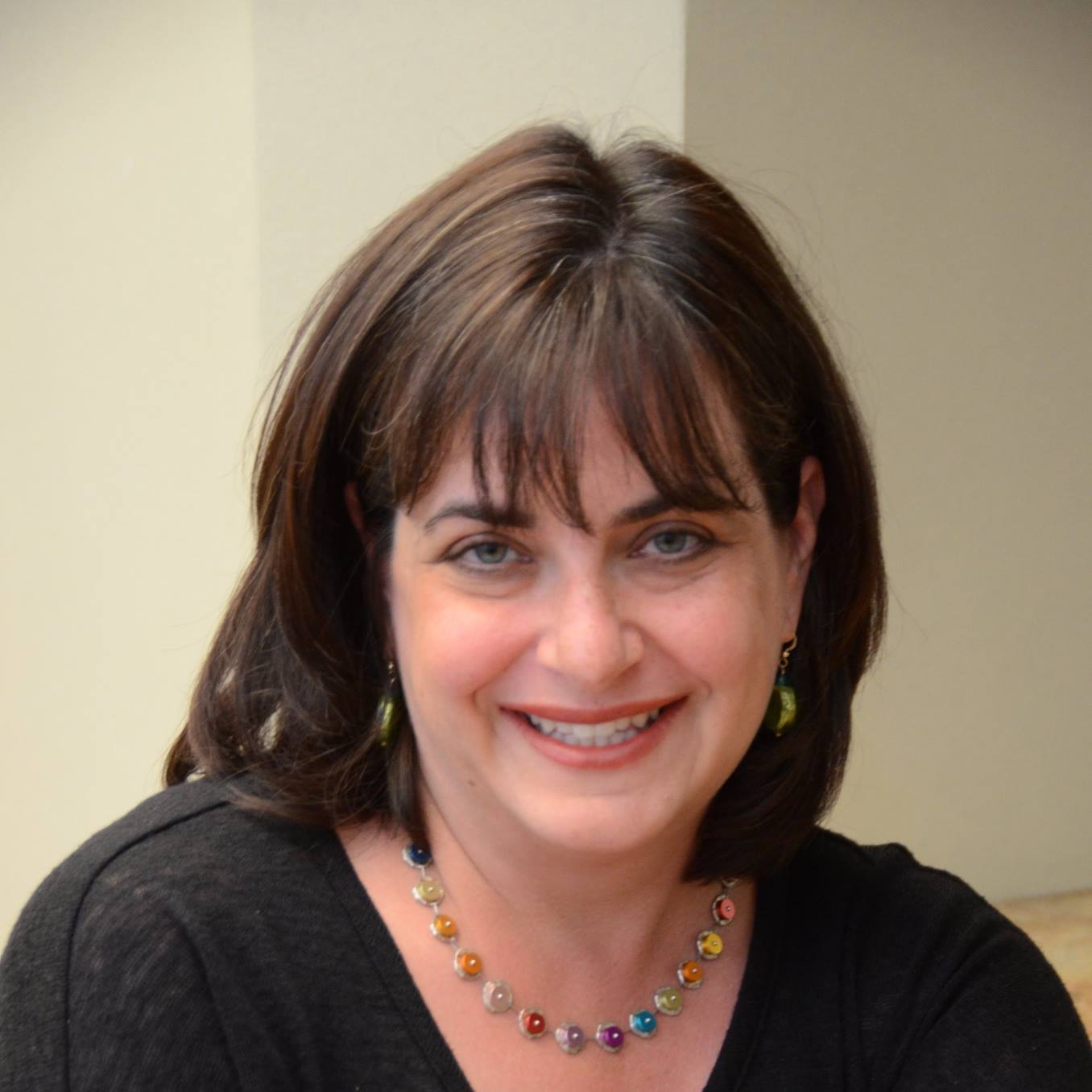Scholar Lab Experiments with Novel Approach to Exploring Antisemitism
Dr. Josh Kun, who won a 2016 MacArthur "genius” grant for his unbounded thinking and artistry, doesn’t like to compartmentalize. A scholar of culture, social politics, history and communications, he is more interested in exploring the rough edges that result from unlikely connections than he is in the insularity or reflexive affirmation that might come from operating in a silo.
Photos for Scholar Lab story
Rachael Cerrotti: We Share the Same Sky
The long arc of history bends towards justice
Rabbi Gunther Plaut was born in Germany and escaped to the United States in 1935, two years after the Nazi rise to power. He later immigrated to Canada, where he became rabbi at Holy Blossom Temple in Toronto. In March 1963, at Rabbi Plaut’s invitation, Martin Luther King Jr. spoke at Holy Blossom Temple. During his speech, Dr. King said, “Time is neutral. Time can be used destructively or constructively. We must help time and the time is right now.”
Liberation is typically characterized by the arrival of Allied forces. Interviewees tell of liberation from concentration camps, or during death marches, or may describe liberation upon emergence from hiding.
He Helped Rescue Thousands from the Nazis, Then Kept His Story Quiet for Decades
In a five-hour interview with USC Shoah Foundation, Justus Rosenberg refers to himself as “small fry,” “a cog,” an unimportant person. And perhaps it was for this reason that for decades, the Bard College literature professor hadn’t let on—to his colleagues, to his students, and even, for a time, to his own wife—that he had fought and outwitted the Nazis during World War II to save thousands from persecution.
